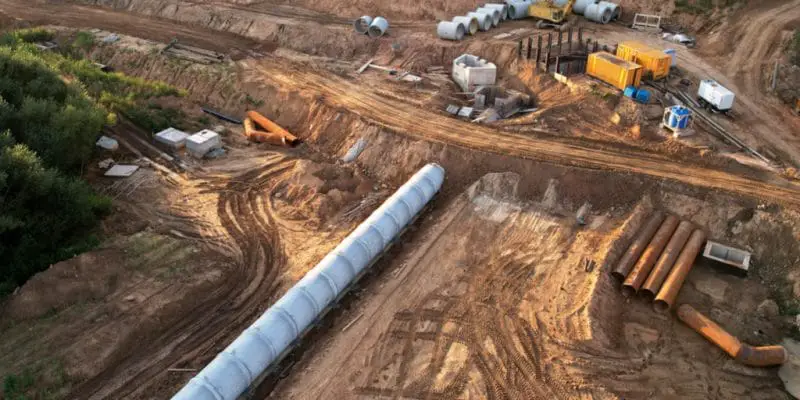The Ivorian Minister for Trade and industry, Diarrassouba, recently launched a drainage and sanitation project in Bonoua industrial zone, which is located in the South Comoé region of the West Africa country.
This project was reportedly developed by the Ivorian government in a bid to curb floods and to better wastewater management in the region. The Bonoua industrial zone, which covers 339 hectares, is said to be a hub to many companies that “dump their effluents into the environment in an uncontrolled manner”.
Also Read: US $5M Raviart irrigation dam project in Ivory Coast launched
The general hospital in the area, as well as certain arteries surrounding the national road connecting Abidjan and Accra, Ghana’s capital, are the most affected. During the rainy season, this garbage blocks the sewers, leading to flooding.
An insight into the Drainage and Sanitation Project in Bonoua Industrial Zone
According to Souleymane Diarrassouba, the Ivorian Minister of Trade and Industry, the drainage and sanitation project in Bonoua industrial zone will focus on the construction of a primary collector, as well as a 2.6-kilometer canal with scuppers.
The works will be carried out within a period of three months by an Ivorian business with over US$ 1.6M finance package. Upon the completion of the Drainage and Sanitation Project in Bonoua Industrial Zone, Rainwater and wastewater from the zone will be collected and transported to the final executor by the collector.
A National Development Plan (NDP) 2021-2025 project
The Drainage and Sanitation Project in Bonoua Industrial Zone is part of the Ivory Coast government’s National Development Plan (NDP) 2021-2025. The plan anticipates 7.6 percent average economic growth from 2021 to 2025, slightly higher compared to 5.6 percent from 2016 to 2020.
As per the Ivorian officials, removing the remaining barriers would be vital to speed up the economic and social transformation that began with the implementation of earlier development programs in the West African country.

